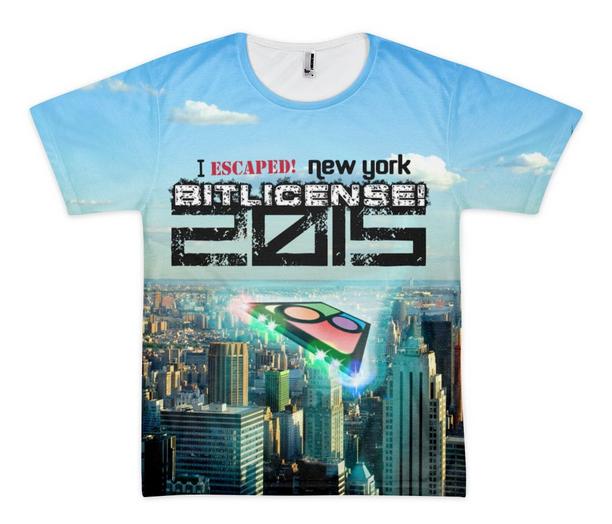Bleakness of Bitcoin's future in New York revealed in report
Chris Hamblin, Editor, London, 22 June 2017

The New York Department of Financial Services has released its annual report, which summarises the main reasons why its regulatory policy has rendered the use of virtual currencies problematic in the state.
New York's heavy regulation of virtual currency, distributed ledger and blockchain technologies began in 2014 when the commissioner of the day, Ben Lawsky, scared off most Bitcoin merchants to the Isle of Man with his onerous 'Bitlicence' idea, which also exempted banks. He then backtracked and made some token changes to his proposals for a licensing regime for virtual currencies in the state. During the public comment period he received a staggering 3,700 replies, most of them hostile. Eventually, he shortened the record-keeping requirement for licensees from ten to seven years; decided not to require licensees to obtain the addresses and transaction data for all parties to a transaction; and allowed a broader range of financial assets, including virtual currency, to count toward licensees’ capital requirements. Circle Internet Financial received the first bitlicence.
Low turnout
Not many companies have qualified so far. The report, moreover, seems to have conflicting ideas about the low number of bitlicenses that the NYDFS has handed out. On a table entitled "New York State chartered and licensed banking, lending and financial services institutions," the department lists the number of banks as 44, trust companies 23, common trust funds as 60, "private bankers" as 1, and "virtual currency" as only 2. The Capital Markets/Research Trends Innovation Division hands out bitlicences.
In another part of the report, however, it says: "In 2015, the Department issued a regulation requiring a license to engage in the virtual currency business. In 2016, DFS authorized Gemini Trust Company LLC to offer the trading of Ether, an emerging cryptocurrency, on its virtual currency exchange based in New York City. The Department also approved the application of XRP II LLC, an affiliate of Ripple Labs, Inc., for a virtual currency license. In total, DFS has licensed five virtual currency companies."
The DFS investigates
Moreover, the department says in its report that it has begun 'examinations' of all five. New York seems about to become even less hospitable to such companies than it was before.
A league table
On the Dinbits 'state of regulation' chart for bitcoin and blockchain businesses, the US states listed as 'bitcoin-friendly' are (from best one downwards) Texas, Kansas, Tennessee, South Carolina and Montana. Those listed as 'bitcoin-unfriendly' are (in no particular order of intensity at all) Wisconsin, North Carolina, California, Pennsylvania and Florida. Another category - that of 'bitcoin-hostile' states - exists at the bottom. These are, in ascending order of hostility, Hawaii, New Mexico, Connecticut, Georgia, Washington, New York and New Hampshire.
The entry for New York - the second most 'bitcoin-hostile' state in the entire federation - states: "Who on earth can forget the bitlicence fiasco which caused...an Exodus and spawned one of our most popular Top 10 lists? [These are] the Top 10 most ridiculous 'gotchas' in the bitlicence application. It wasn't a complete fail. It is better than a full-blown money transmitters' licence in New York. There is that small ray of sunshine."












